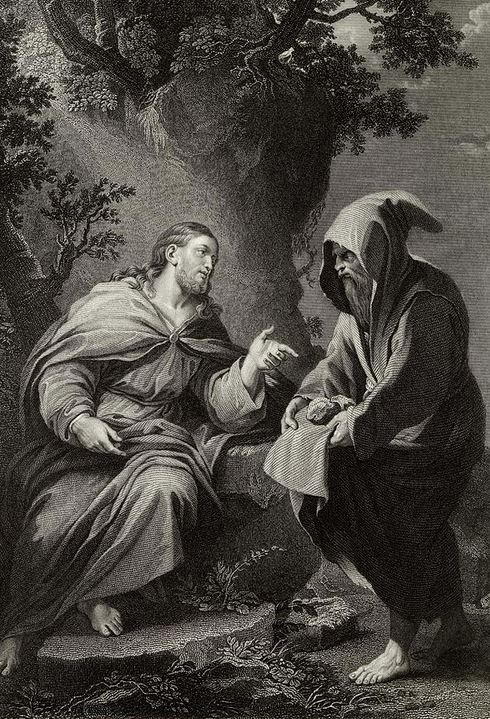A reading from the Second Book of Chronicles
(Chapter 36: 14-16, 19-23)
This reading tells the people of Israel how the terrible Babylonian Exile happened and how it ended.
“In those days, all the princes of Judah, the priests and the people added infidelity to infidelity, practicing all the abominations of the nations and polluting the Lord’s temple which he had consecrated in Jerusalem. Early and often did the Lord, the God of their fathers, send his messengers to them, for he had compassion on them and his dwelling place. But they mocked the messengers of the God, despised his warnings, and scoffed his prophets, until the anger of the Lord against his people was so enflamed that there was no remedy. Their enemies burnt the house of God, tore down the walls of Jerusalem, set all of its palaces afire, and destroyed all its precious objects. Those who escaped the sword were carried captive to Babylon….”
So, that is how the Babylonian Exile began and this is how it ended:
“The Lord inspired King Cyrus of Persia to issue this proclamation throughout his kingdom…. ‘All the kingdoms of the earth the Lord, the God of heaven, has given to me, and he has also charged me to build him a house in Jerusalem which is in Judea. Whoever, therefore, among you belongs to any part of his people, let him go up, and may his God be with him.’”
Somehow, the God of the conquered people of Israel reached into the heart of this powerful king, and the people are once again free. Of course, there were also political reasons for the king to free the Israelites, but the author attributes it all to the Lord.
There is an old saying that “God works in strange ways.” Perhaps, when you think about it, you’ll recall that happening to you, not only in the ancient past but now.
Responsorial Psalm
(Psalm 137)
“Let my tongue be silenced, if I ever forget you.” Are there times when you seem to be tongue-tied, unable to talk to God in prayer? Sometimes, your deepest prayer may simply be silence. No words come to you. Relax! It may take a while, but the Spirit that dwells within you will hear you in the silence.



